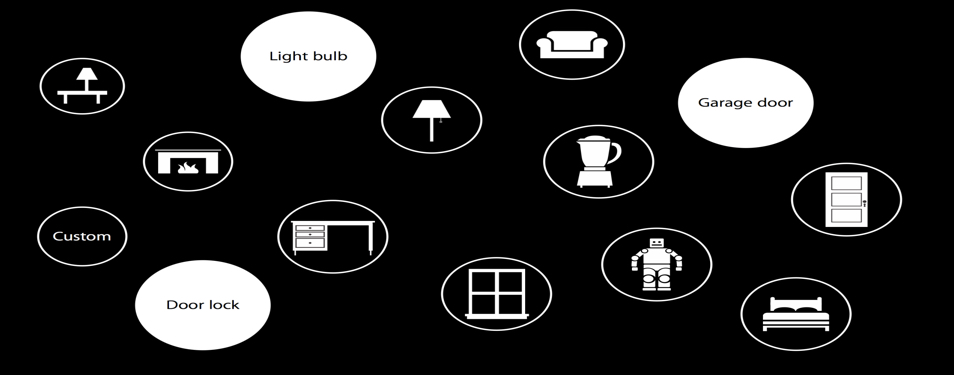Smart home technology pushed into 34 million new homes worldwide last year, according to a new Smart Home report from ABI Research (www.abiresearch.com), a global tech market advisory firm.
In North America, the most valuable smart home market, close to 40% of homes have invested in smart home technology, notes the research group. However, new home growth is poised to decline slightly this year as the market transitions from entering new homes to extending the scope of existing deployments.
“The leading smart home markets, including North America, are already seeing new smart home adoption slowing down,” says Jonathan Collins, Research Director at ABI Research. “The explosion in smart home investment in the past few years aimed at building a captive smart home user base means manufacturers and service providers face pivoting to deliver offerings that can be integrated into existing smart homes or to deliver pricing and services that can entice smart home users to ditch their existing investments.”
Voice control is key to ongoing smart home integration. Voice control front-ends, such as Amazon Echo and Google Home devices, are the vanguard device in new many new smart homes and interoperability with the platforms that support them is vital for device OEMs and service providers.
This year, smart home voice control devices will represent one of every three smart home devices sold. Driven by strong voice control shipments, total smart home device shipments revenue will grow at 16% compound annual growth rate between 2019 and 2024 to reach $24.3 billion worldwide. However, the smart home market is both driven and challenged by the rise of smart home voice control.
“Amazon and Google in North America and Europe along with players including Tencent and Alibaba in the Asia Pacific are building large installed bases, increasingly putting them in a powerful position to determine the direction and value of smart home interoperability,” says Collins.
The millions of homes where voice control has gained a foothold for smart home adoption will be fertile ground for the wider adoption of a growing range of additional smart home devices, control systems, integrated applications, and vendors.
“How the smart home market understands and engages with this potential, driven by voice control, will shape the market to come,” Collins concludes.

